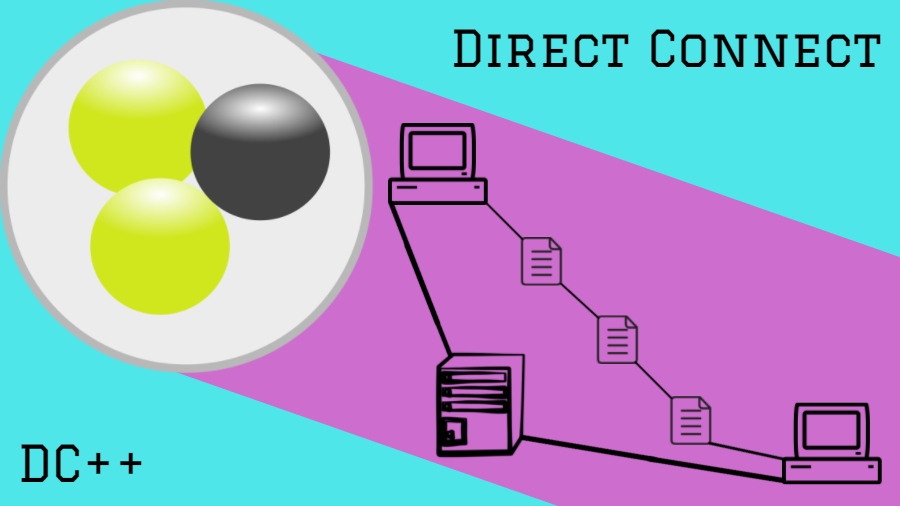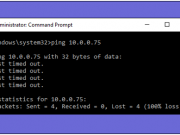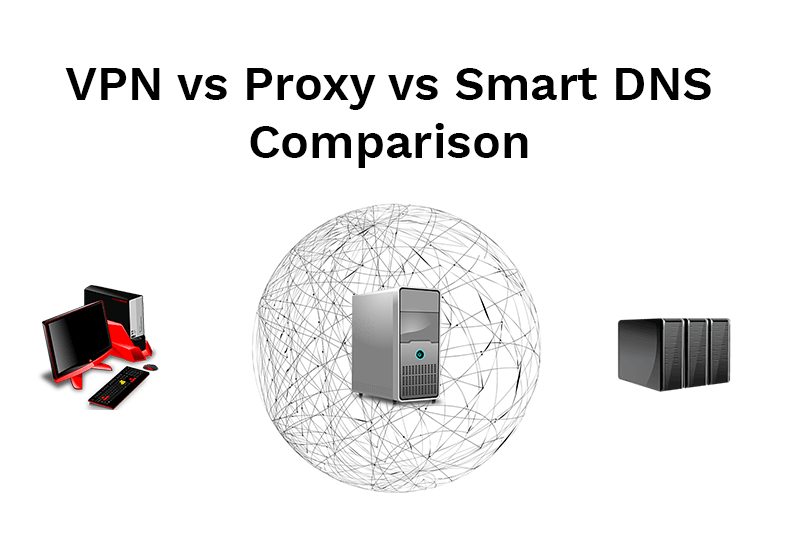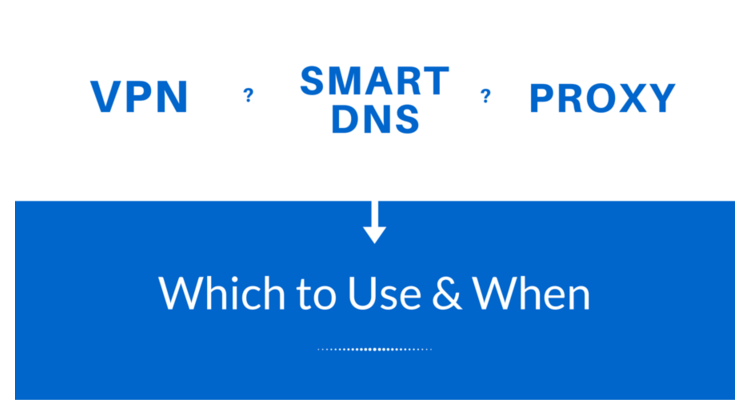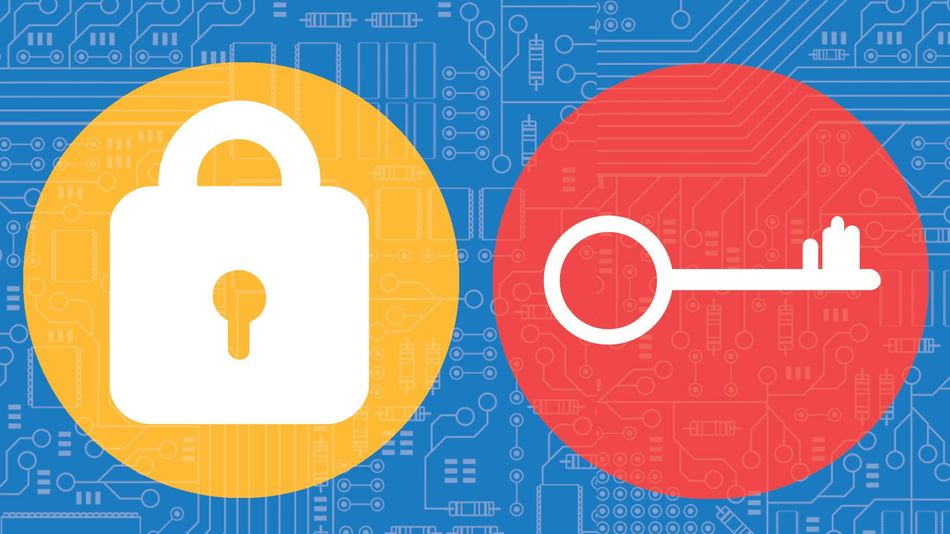Advertisements
VPN, Proxy Server and Smart DNS are the three terms that share a lot of similarities with some minor difference. The three technologies or techniques serve a common purpose of providing access to blocked websites. However, there are some keen aspects that we need to explore to understand the differences among them. Each of the three techniques comes with some advantages and limitations. By understanding the differences, it becomes a lot easier for every user to choose the best option to suit the requirements. There are many factors that differentiate between VPN vs Proxy vs Smart DNS techniques.
Watch out below to get details VPN vs Proxy vs Smart DNS
Difference between VPN vs Proxy vs Smart DNS
- Working: Virtual Private Network (VPN) directs all the transfer of data between your device and the remote website through a server. All the data is encrypted while it passes through a tunnel created between your personal device and the server. Proxy servers work in a similar manner without any encryption of data. Smart DNS directs your connection to particular servers that can access the desired website.
- Encryption: Data encryption is achieved only through a VPN. VPN provides extra encryption to the data using secure encryption protocols. There is no encryption of data in case of a Proxy Server or a Smart DNS.
- Speed: When it comes to speed, Smart DNS works the best and provides high streaming speed. Proxy Server is a bit slower than the Smart DNS because of the latency issues. VPN provides the worst streaming speed among all of them. The reason behind the slow speed is the time that is required to encrypt and decrypt the data. Free VPN, in particular, are extremely slow and does not offer a good experience.
- Safety: Safety is one of the main issues when it comes to transferring files over the internet or carrying out transactions. VPN are considered the safest option as the data travels in the encrypted form. Thus, there is no possibility of a middle man stealing your data or privacy. Smart DNS are considered to be least safe as they just focus on providing access to geo-restricted websites. Proxy Servers are also not reliable for transferring important files.
- Cost: Virtual Private Networks are available in two categories: Free VPN services and Premium VPN Services. Free VPN services are always heavily crowded as they are free and thus the access speed can suffer. Premium VPN services offer reasonably good access speed but you need to buy the services. Proxy Servers are usually available for free but there are a few paid servers as well. Smart DNS are never available for free and thus you need to pay a reasonable amount to avail the services. Some smart DNS may provide a free trial period.
- Identity Hiding: The identity of a user is determined by the IP address of the connection. There are specific IP addresses allocated to different geographical locations. All the three technologies change your actual IP address to a different IP address that may be of the intermediate server. In this way, your location and identity remain hidden.
Advertisements










